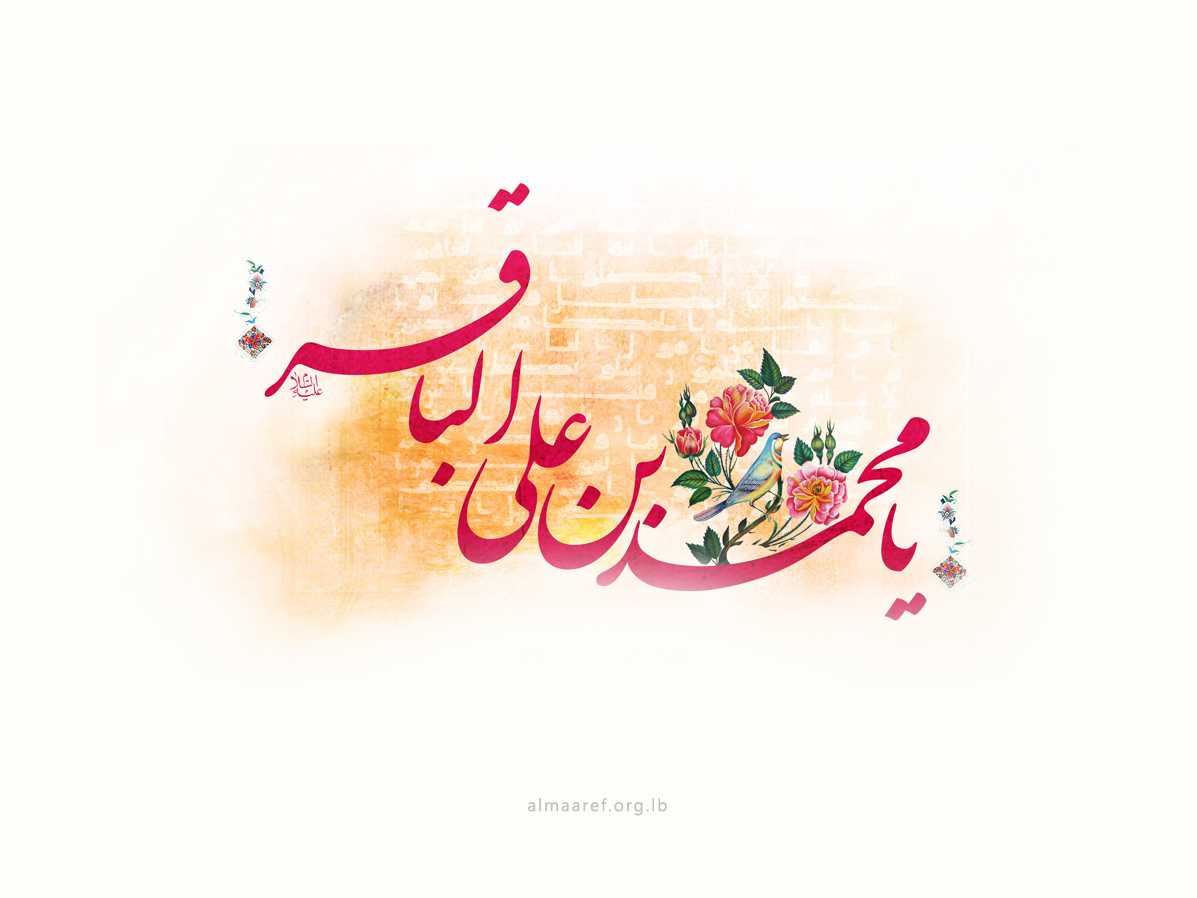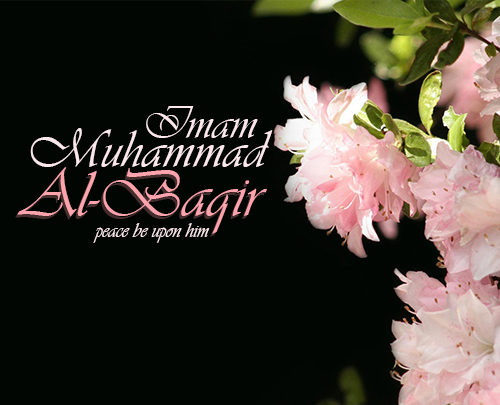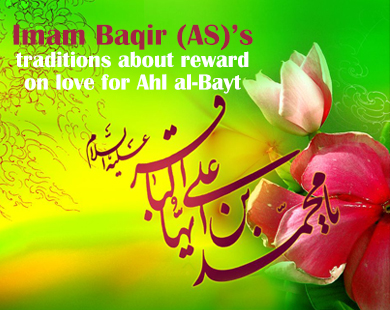Al Imam Al Baqir and the Greatness of Clarification
Al Imam (a.s) used to take advantage of any proper situation to stimulate the feelings and emotions of the headless people through clarifying some of the facts of the shi’a life and mentioning the pressure and kinds of violence and stress that were practiced by the dominant powers on Al Imam and his followers. By that, he stimulated their dead veins and lukewarm hearts; he was preparing them for strict situations and revolutionary movements.
When Al Imam was asked “How have you been, O son of the Prophet?”, "Minhal bin Amro narrates “Oneday, I was sitting with Al Imam Muhammad bin Ali Al Baqir when a man entered and asked how we have been; so Al Imam asked:” Isn’t it time to know how we have been? With this nation, we are living the same as bani Israil lived, their children were slaughtered and their women were spared. Same as what’s happening with us, our children are slaughtered and women are spared.”[1]
After this eloquent and compelling clarification, the conversation turns to the fundamental issue, which is the priority of the Shia call and the government of the Ahl al Bayt (pbu them).
The Arabs claimed superiority over non-Arabs, and the non-Arabs asked, “By what measure?” They replied, “Because Muhammad (pbuh) was an Arab.” The non-Arabs conceded, “You said the truth.” Then the Quraysh claimed superiority over other Arab tribes, and the other Arabs inquired, “Why is that?” They responded, “Because Muhammad (pbuh) was from the Quraysh tribe.” The other Arabs agreed, “You are right.” If the people are truthful, then we have a distinction over others because we are the progeny of Muhammad (pbuh), especially his household and kin. No one shares this distinction with us. A man said, "By Allah, I love you, O Ahl Al Bayt (pbu them).” The Imam replied, “Then prepare yourself for trials, for by Allah, they will come to us and our Shia faster than a flood in a valley. Through us, calamities will begin, and through us, prosperity will follow.”[2]
In another situation, faced with certain poets and scholars who had sold themselves, Al Imam directed his stern reproach at their heads, creating waves of alertness and awakening. If not within their dead consciences, then at least in the minds and hearts of their heedless followers. With a critical tone, he addresses one of the poets: “Did you praise Abd al-Malik?” The poet responds naively or carelessly, attempting to justify his transgression: “I did not address him as the Imam of guidance. Instead, I praised him with words like lion, sun, sea, serpents, and mountains. But the lion is just a dog, the sun a lifeless body, the sea a soulless form, the serpent's mere insects, and the mountains silent rocks.” At this moment, Al Imam smiles knowingly in the face of this feeble excuse and baseless justification. Then, the revolutionary and purposeful poet, AlKumayt, rises and composed one of his Hashimiyyah poems[3], leaving an indelible impression on the minds of those present, emphasizing the comparison between these two types of artistic work and conveying the message to all who hear of this incident. [4]
History of the Prophet and his family (pbu them), Al Maaref Islamic and Cultural Publishing House
[1] Al Allama Al Majlisi, Bihar Al Anwar, part 46, page 360
[2] Sheikh Al Tussi, Al Amali, Investigation of the Department of Islamic Studies, Al Ba’tha Foundation- Investigation by the Department of Islamic Studies, published by Dar Al Thaqafa Qom, 1st Edition, 1414 AH, p. 154.
[3] The poem that began with this verse: Who’s for an orphaned, inspiring heart other than silence and dreams.
Reaching at this eloquent, capitalist and knowledgeable verse:
Politicians like those who don’t see people and the grazing cattles equal
[4] Bin Shahr Shalhoub, Al Manaqib, part 4, pagr 207



















